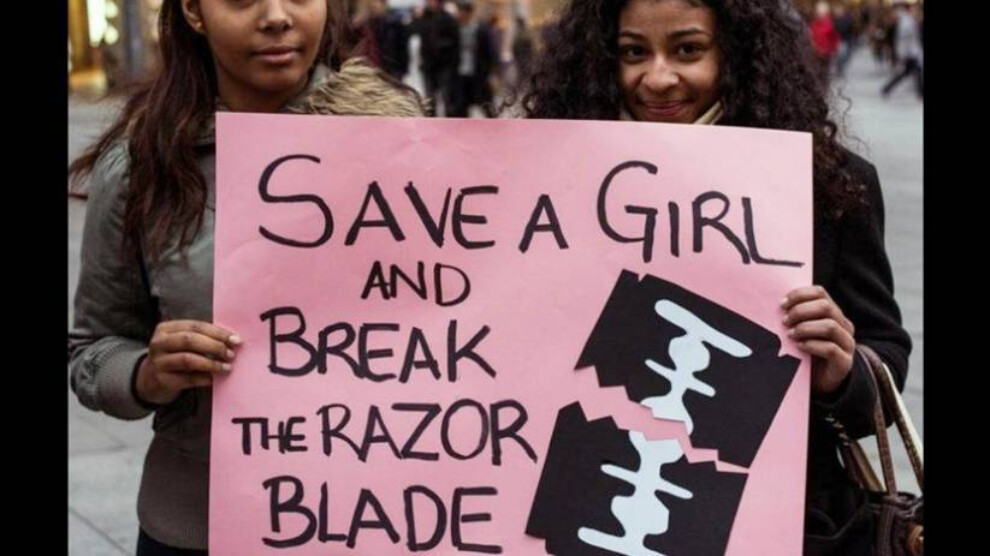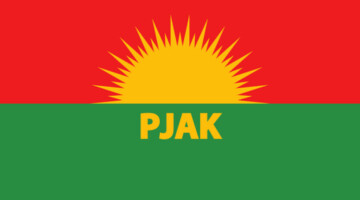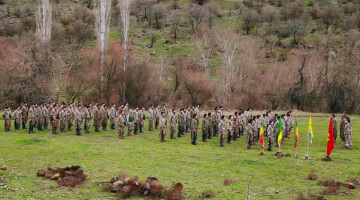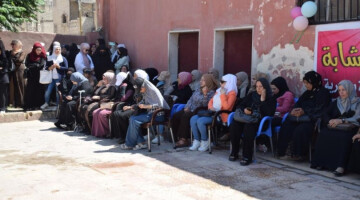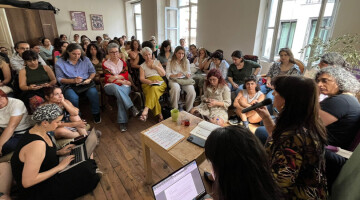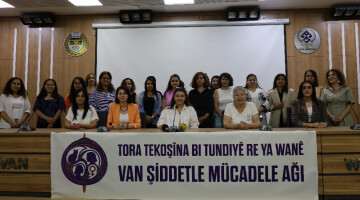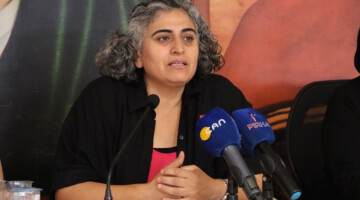The report was released on World Day Against Female Genital Mutilation. Articles 19 and 24 of the Convention on the Rights of the Child, ratified by the United Nations (UN) in 1989, do not allow female genital mutilation.
The German Wadi organization conducted a survey on female genital mutilation in girls and women from 0 to 20 in Hewler and Raperîn, in the province of Sulaymaniyah in 2021.
Wadi Association was established in Germany in 1991 and was officially authorized to operate in Iraq in 1993. It works on women's issues in most provinces and districts of the Kurdistan Region. One of the subjects of the study was female genital mutilation.
753 women from Hewler, 507 from Raperîn for a total of 1,260 women participated in the survey. 85 women, or 11 percent of the interviewees in Hewler, said to have been mutilated, while 25, or 4.9 percent, said to have been mutilated in Raperîn.
Wadi Association Project Manager Shox Mihemed said: “We couldn't make many visits last year due to the coronavirus and the lack of teams in Sulaymaniyah. However, according to our research, 110 out of 260 girls were circumcised in the Raperîn and Hewler regions in 2021.”
On 21 June 2011, the Kurdistan Region Assembly approved Law No. 8 on Combating Violence Against Women and Domestic Violence. One of the provisions of this law was the prohibition of genital mutilation of girls and women. However, many genital mutilations are still performed.
In the Kurdistan Region, female genital mutilation is mostly seen in villages. Since it is done in secret, it cannot be completely prevented.
According to the World Health Organization, female genital mutilation is practiced in 30 countries. Most of them are found in Africa and Asia. According to the organization, 200 million women and girls worldwide have suffered genital mutilation.
According to the United Nations, genital mutilation will pose a threat to nearly 70 million girls in various parts of the world, especially in Asia and the Middle East, in the next 10 years.

